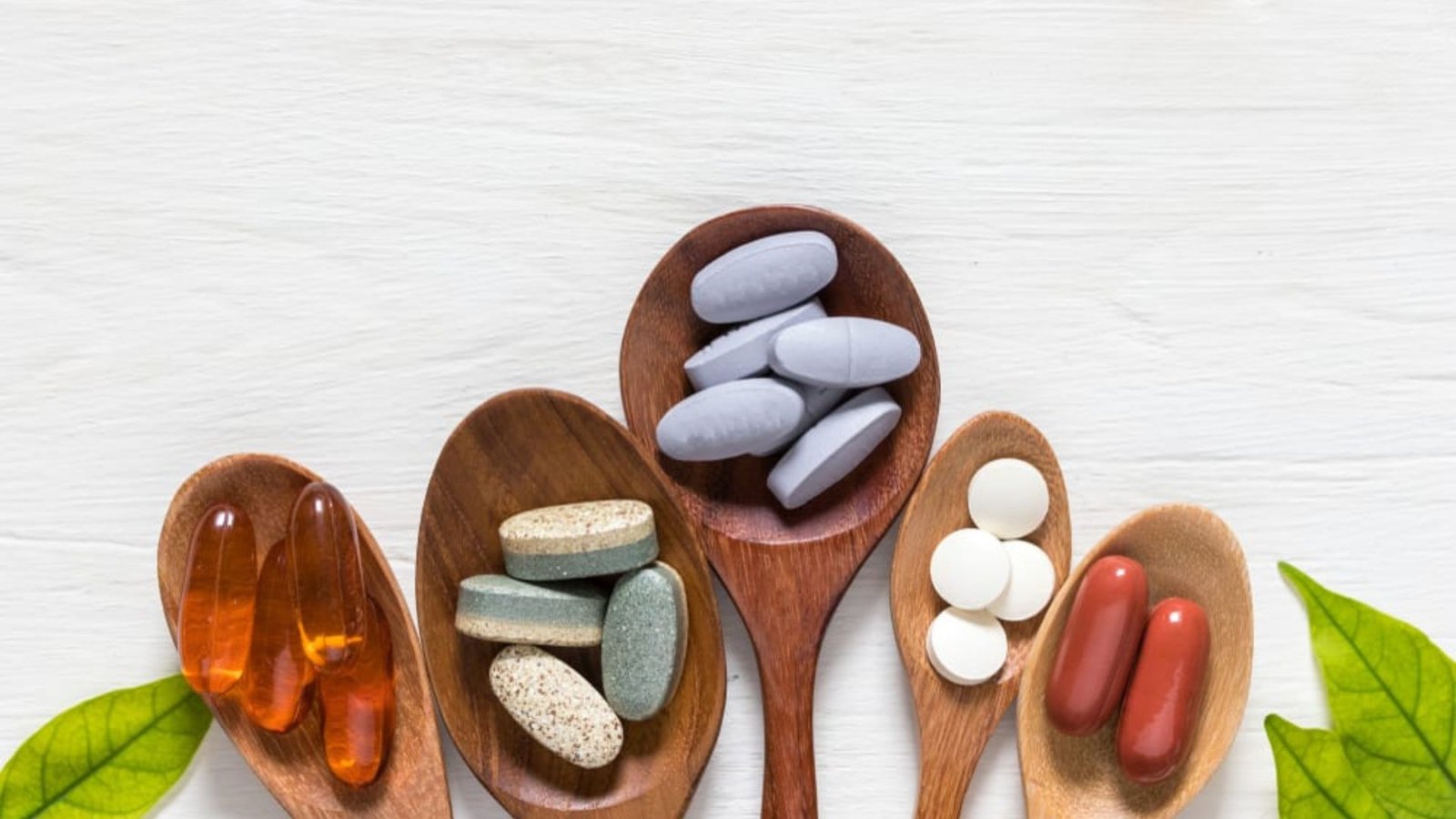Health Supplements For Improving Bone Health
Maintaining strong bones is crucial for overall health, particularly as we age. Bone health often gets overlooked, but the right supplements can make a big difference in strengthening bones and preventing bone-related issues. In this article, we’ll explore the best health supplements for improving bone health and how they support your skeletal system.

1. Calcium Supplements
Calcium is the most well-known supplement for bone health. Your bones store most of the calcium in your body, and maintaining the right levels can prevent bone loss and fractures.
- Why It’s Important: Calcium strengthens bones and supports bone density. It reduces the risk of osteoporosis, especially in older adults and postmenopausal women.
- How to Use: You can take calcium supplements in the form of calcium carbonate or calcium citrate. Most adults should aim for 1,000–1,200 mg per day.
2. Vitamin D Supplements
Vitamin D plays a vital role in bone health. It helps your body absorb calcium effectively and supports bone growth.
- Why It’s Important: Without enough vitamin D, your body cannot absorb calcium well, which leads to weak bones. Vitamin D also supports bone remodeling.
- How to Use: You can take vitamin D3 supplements (cholecalciferol), which are more effective than other forms. Aim for 600–800 IU per day, or higher if recommended by your doctor.
3. Magnesium Supplements
Magnesium is essential for bone health because it helps your body use calcium properly. It also works with calcium to build strong bones.
- Why It’s Important: Magnesium makes up about 60% of your bones and helps maintain bone density. It also regulates calcium levels in the body.
- How to Use: Magnesium supplements come in forms like magnesium citrate and magnesium oxide. Most adults should take 310–420 mg per day.
4. Vitamin K2 Supplements
Vitamin K2 helps activate proteins that are involved in bone mineralization. It ensures that calcium is deposited in bones instead of soft tissues.
- Why It’s Important: Vitamin K2 improves bone strength and reduces the risk of fractures by ensuring that calcium stays in bones.
- How to Use: Take around 90–120 mcg of vitamin K2 (MK-7 form) per day. For better absorption, take it with a meal that contains fat.
5. Collagen Supplements
Collagen is the primary protein in bones. As you age, your body produces less collagen, which can weaken bones.
- Why It’s Important: Collagen supplements stimulate bone formation and improve bone density by providing amino acids essential for bone tissue.
- How to Use: You can take collagen peptides in the form of powder or capsules. A daily dose of 10 grams can improve bone health and joint flexibility.
6. Boron Supplements
Boron is a trace mineral that supports calcium, magnesium, and vitamin D metabolism, all of which are crucial for bone health.
- Why It’s Important: Boron helps your body retain calcium, making bones stronger and more resilient.
- How to Use: Boron supplements typically provide 1–3 mg per dose, which you can take daily for optimal bone support.
7. Omega-3 Fatty Acids
Omega-3 fatty acids, found in fish oil, reduce inflammation and promote bone health by supporting bone density.
- Why It’s Important: Omega-3s protect your bones from inflammation, which can damage bone tissue over time.
- How to Use: A typical dose of omega-3s ranges from 1,000–3,000 mg per day. You can take fish oil supplements or plant-based omega-3s like flaxseed oil.
8. Zinc Supplements
Zinc supports bone health by helping in the formation of bone tissue. It also plays a role in the functioning of osteoblasts, the cells that build bones.
- Why It’s Important: Zinc deficiency can impair bone growth and healing, leading to weaker bones and a higher risk of fractures.
- How to Use: Zinc supplements are commonly taken in doses of 10–15 mg per day, depending on your needs.
9. Silica Supplements
Silica is important for maintaining bone health. It strengthens bones by helping the body produce collagen and supporting connective tissues.
- Why It’s Important: Silica improves bone density by supporting collagen formation, making bones stronger and more flexible.
- How to Use: Silica supplements come in liquid or capsule forms. Most adults can take 10–20 mg daily.
10. Ipriflavone Supplements
Ipriflavone is a plant compound that has been shown to enhance bone health, especially in people with osteoporosis.
- Why It’s Important: Ipriflavone helps regulate bone metabolism and promotes bone density, particularly in postmenopausal women.
- How to Use: Take 200–300 mg of ipriflavone daily, as recommended by your healthcare provider.
Conclusion
In conclusion, several health supplements can help improve bone health, from calcium and vitamin D to magnesium, collagen, and omega-3 fatty acids. Each of these supplements plays a key role in strengthening bones and preventing bone-related diseases like osteoporosis. However, remember that supplements should complement a balanced diet, regular exercise, and healthy lifestyle choices. Always consult with your healthcare provider before starting any new supplements, especially if you have existing health conditions. By being proactive and including these supplements in your routine, you can help keep your bones strong and healthy for years to come.



